It’s tough not to wonder where vegans get their protein when we’ve been conditioned to believe meat = protein. Thankfully, plants have protein too! Here I’ll talk about some of the biggest plant protein myths out there. Hopefully this will help put your fear of becoming protein-deficient at rest and encourage you to eat more plants!
Myth #1: There’s No Protein in Fruits and Veggies
Raw fruits and vegetables average between 5% and 15% protein. The average human needs about 10% of his/her calories to come from protein. This is how raw vegans are able to get adequate protein when they’re meeting their calorie needs.
Myth #2: Plants Lack Complete Proteins
When eating a variety of whole plants foods, you can easily acquire all the essential amino acids during a typical day. You don’t need to worry about pairing foods to create “complete proteins” in every meal. We recycle about 90g of protein per day so our bodies can mix and match amino acids based off what we need.
Myth #3: Plant Protein is Inferior to Animal Protein
We are misled to believe that meat and dairy are our best source of protein. Thanks to modern science, we now know we can get adequate protein from eating just fruits and vegetables. (Not to mention nuts, seeds, legumes, and whole grains). Also, when we consume a variety of whole plant foods we get much more than just protein! Alongside that comes an abundant array of vitamins, minerals, fiber, water, antioxidants, and phytonutrients.
As I enter my 8th year on my plant-based journey, I find that people don’t care about my protein intake until they find out I’m vegan. Early on, I was put off by the question, “But where do you get your protein?”. But now I love it! I find it to be an exciting teaching opportunity.
If you have a plant protein myth you love to bust, please share it in the comments!
“Eating more plants can come with its challenges. There’s a lot of nutrition noise out there, everyone has an opinion, and it can be confusing to figure out what works best for YOU. Working through these challenges and learning how to easily incorporate more plant-based foods into your diet and lifestyle can be helpful. Working with a plant-based dietitian to guide you through your unique journey and surrounding yourself with other like-minded people who are on a similar journey can be monumental. When you join my nutrition coaching program, you’ll get a highly customized, one-on-one experience to help you confidently and sustainably eat foods that taste good and make you feel good. Click the button below to learn more about my approach and see what other clients have to say.”
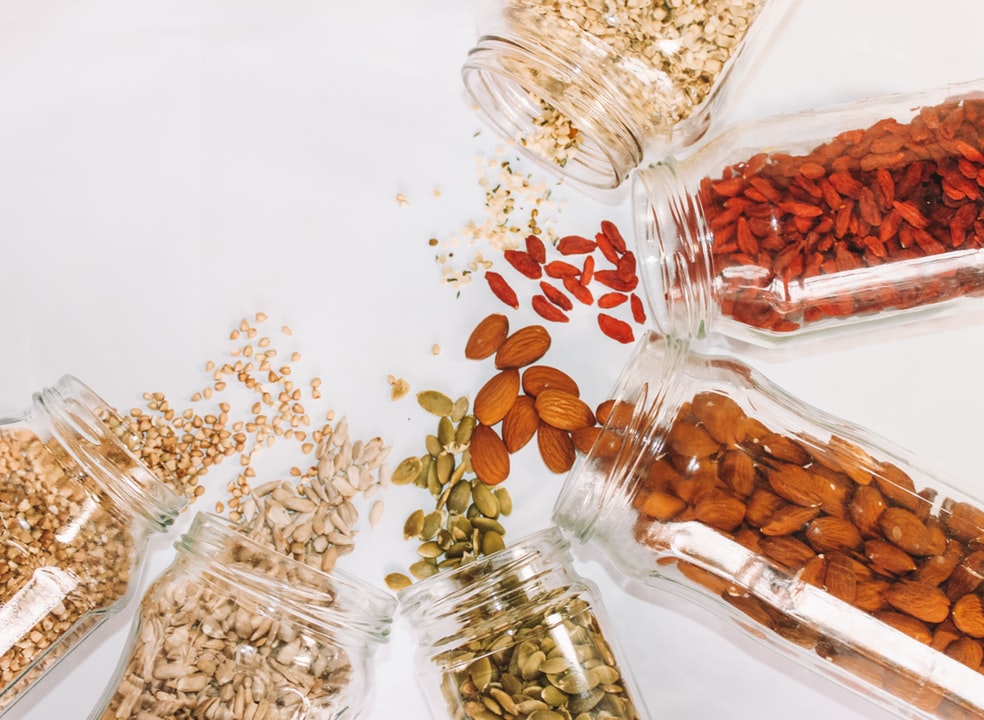
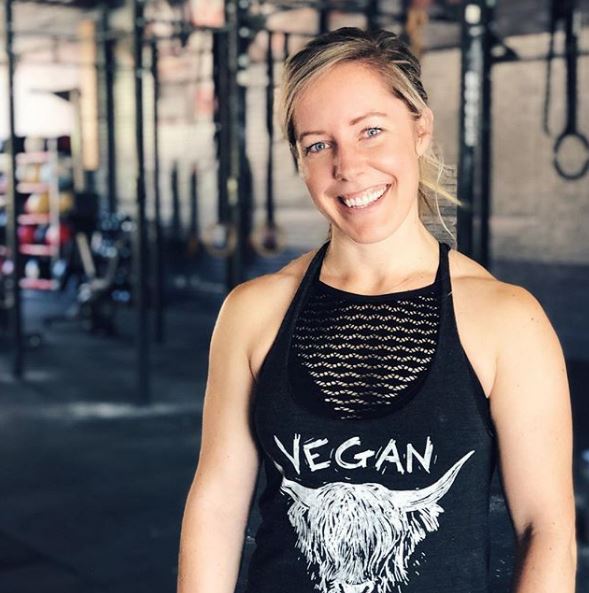





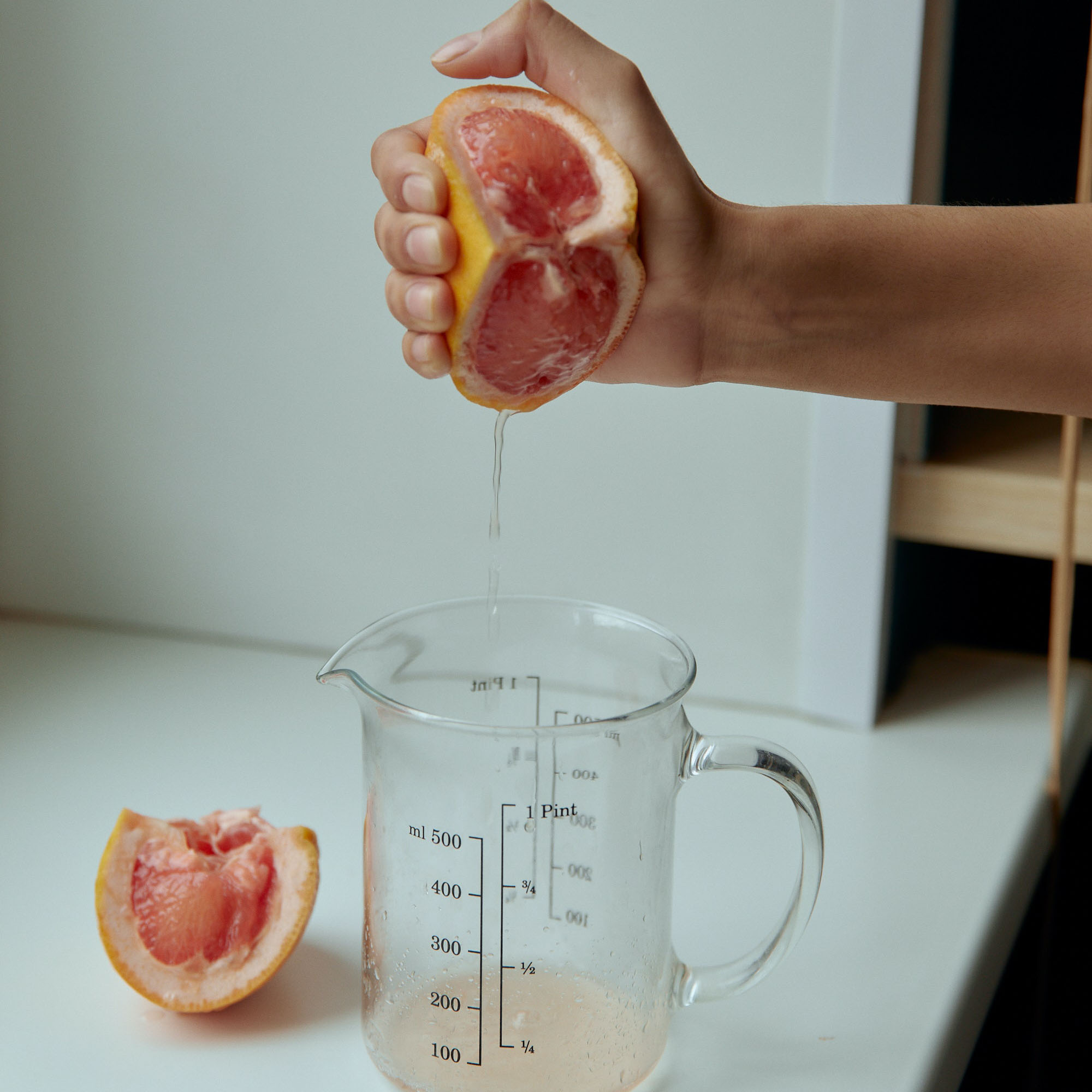


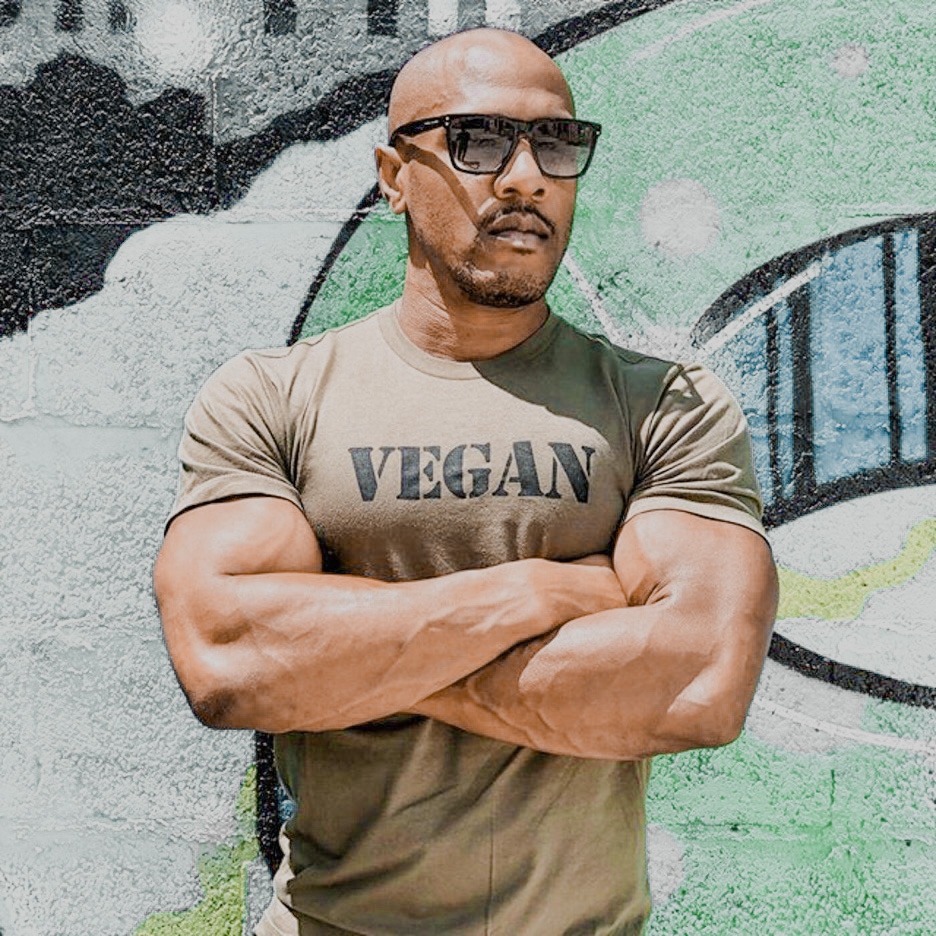

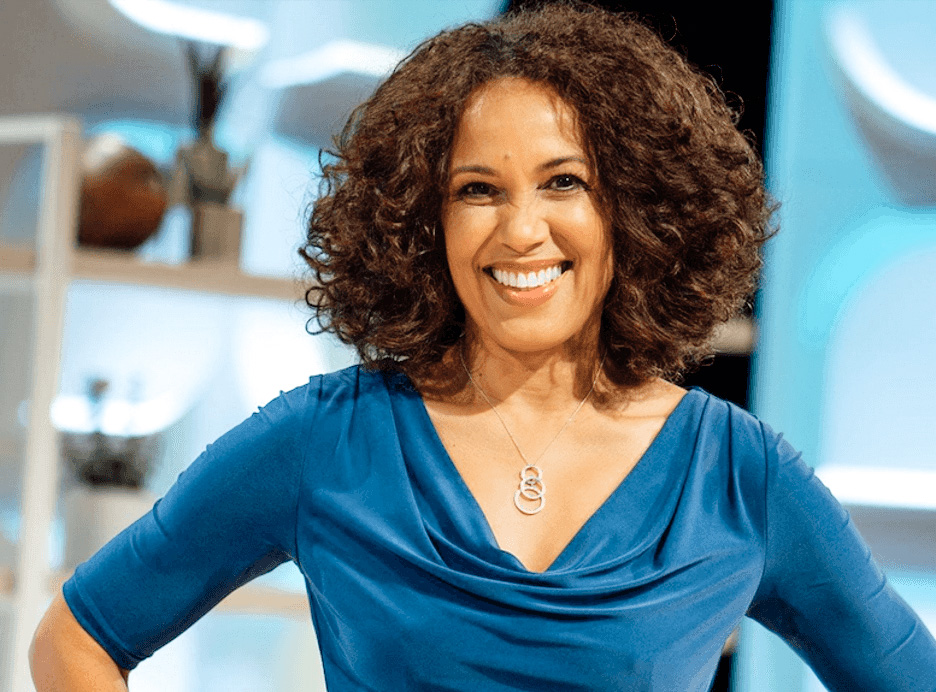
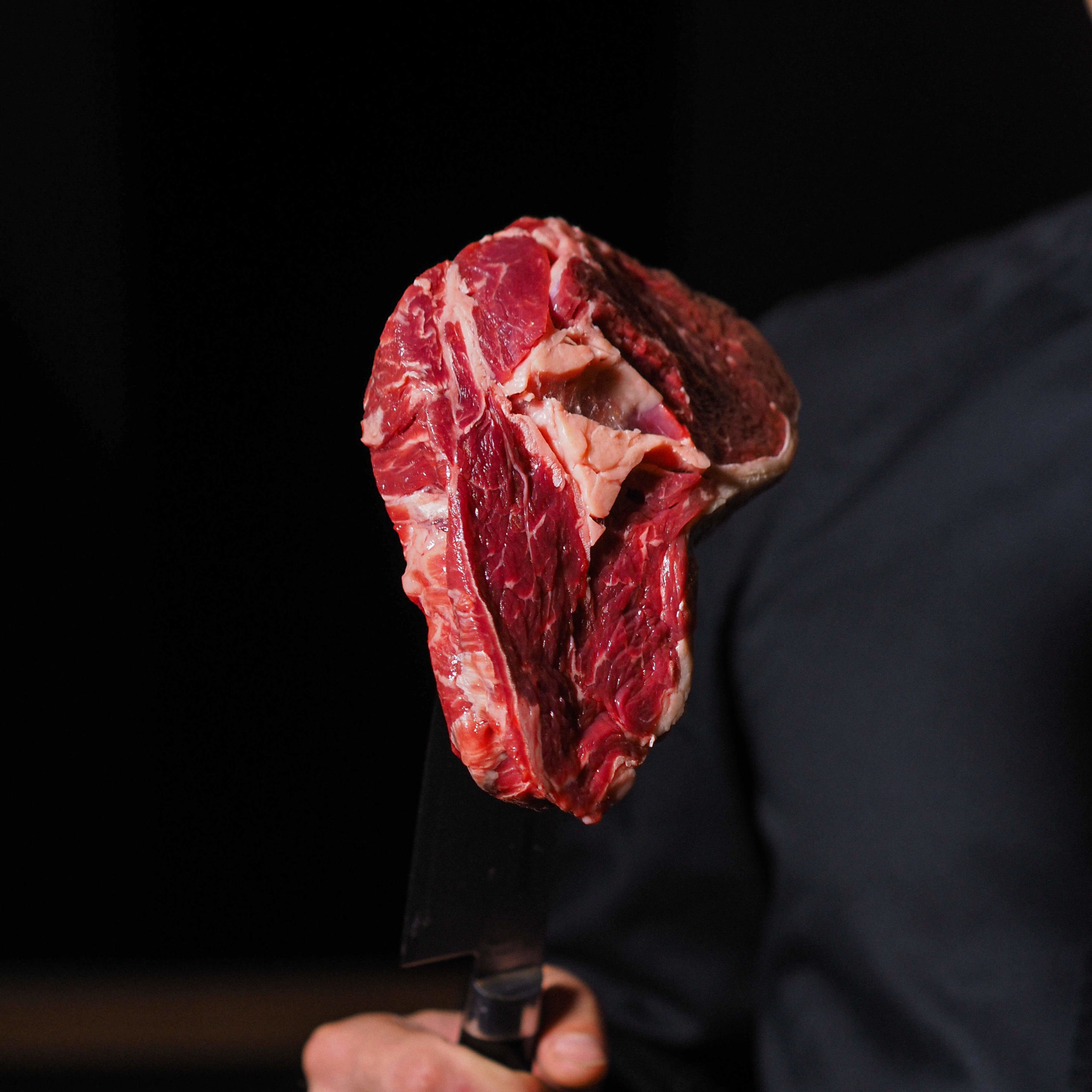



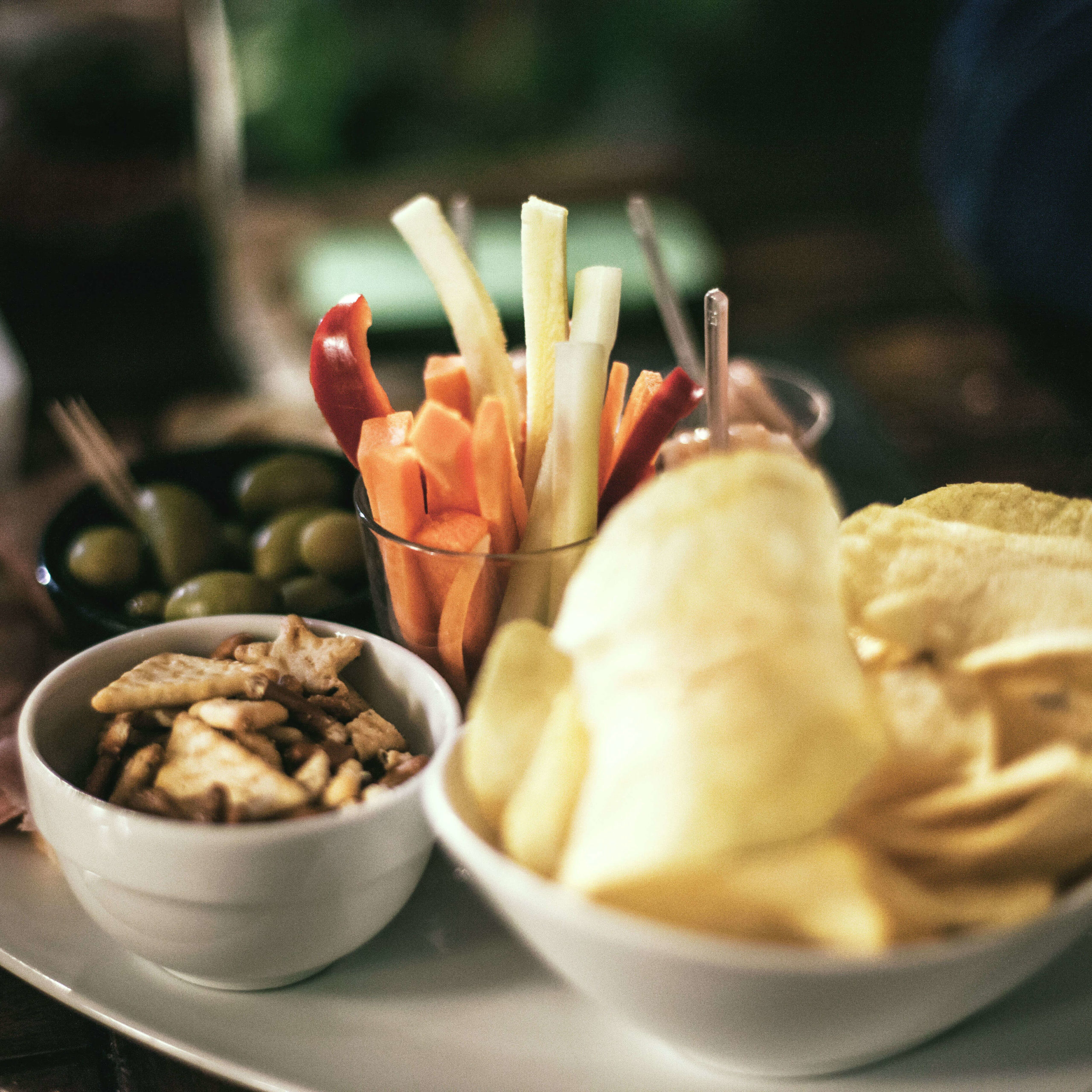
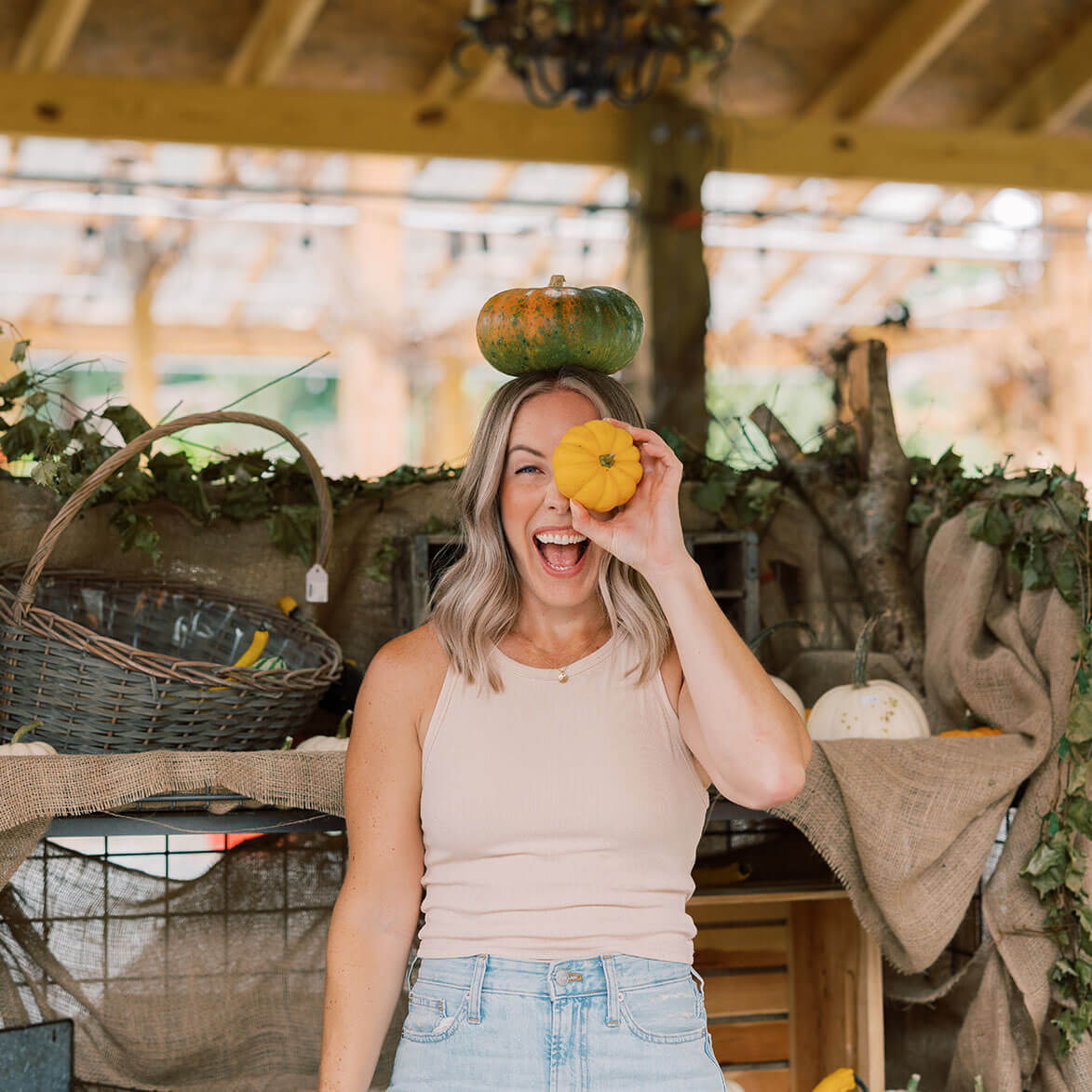
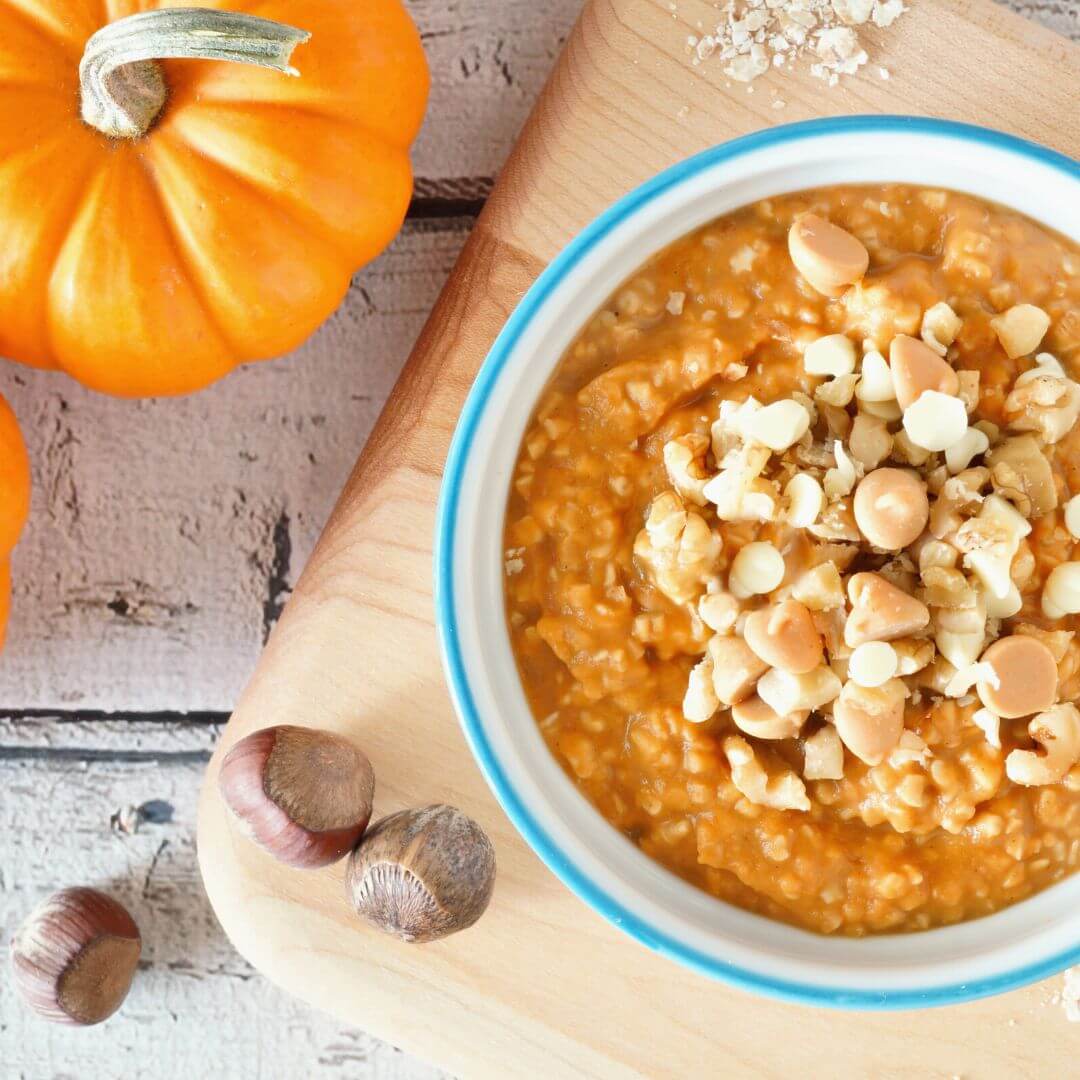

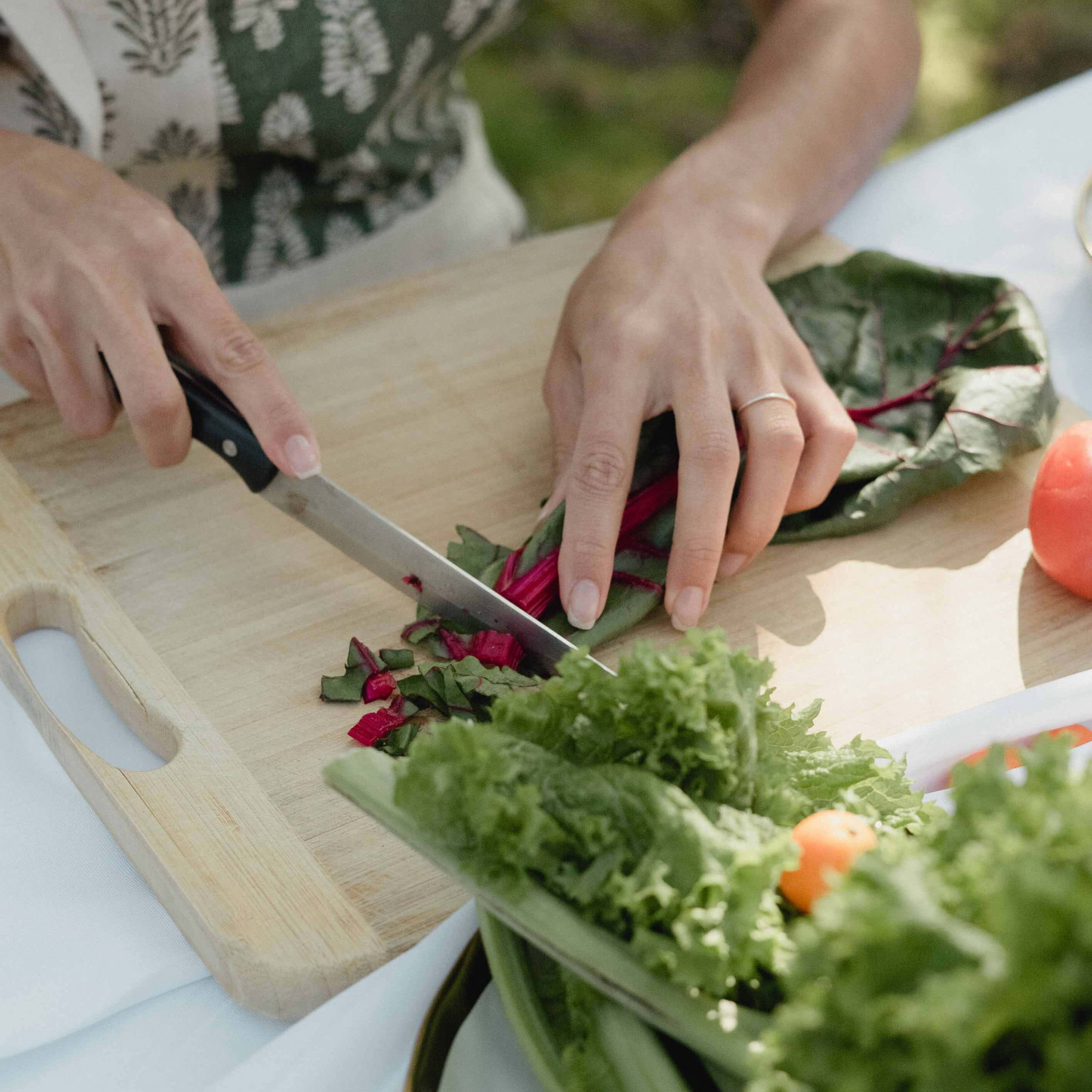

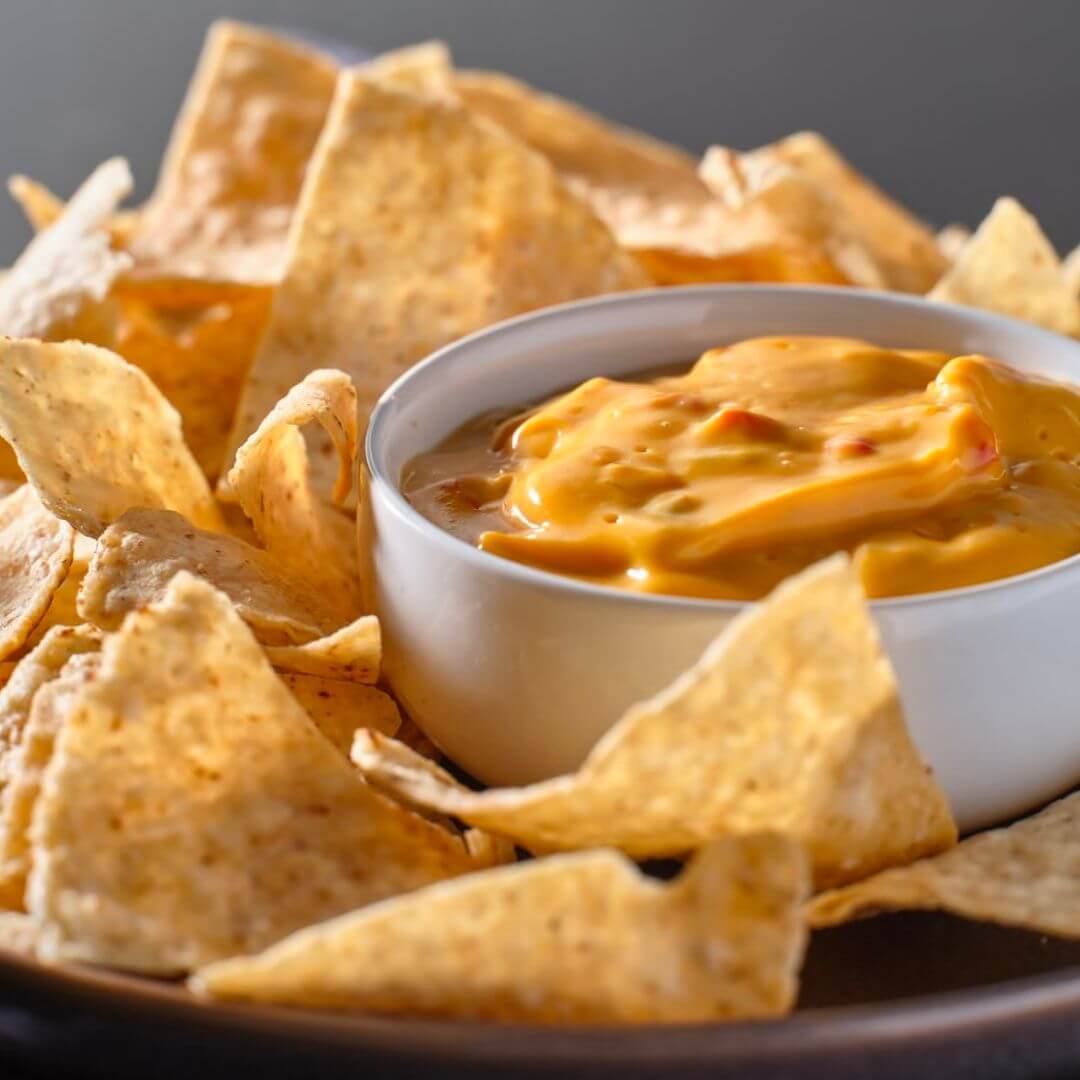
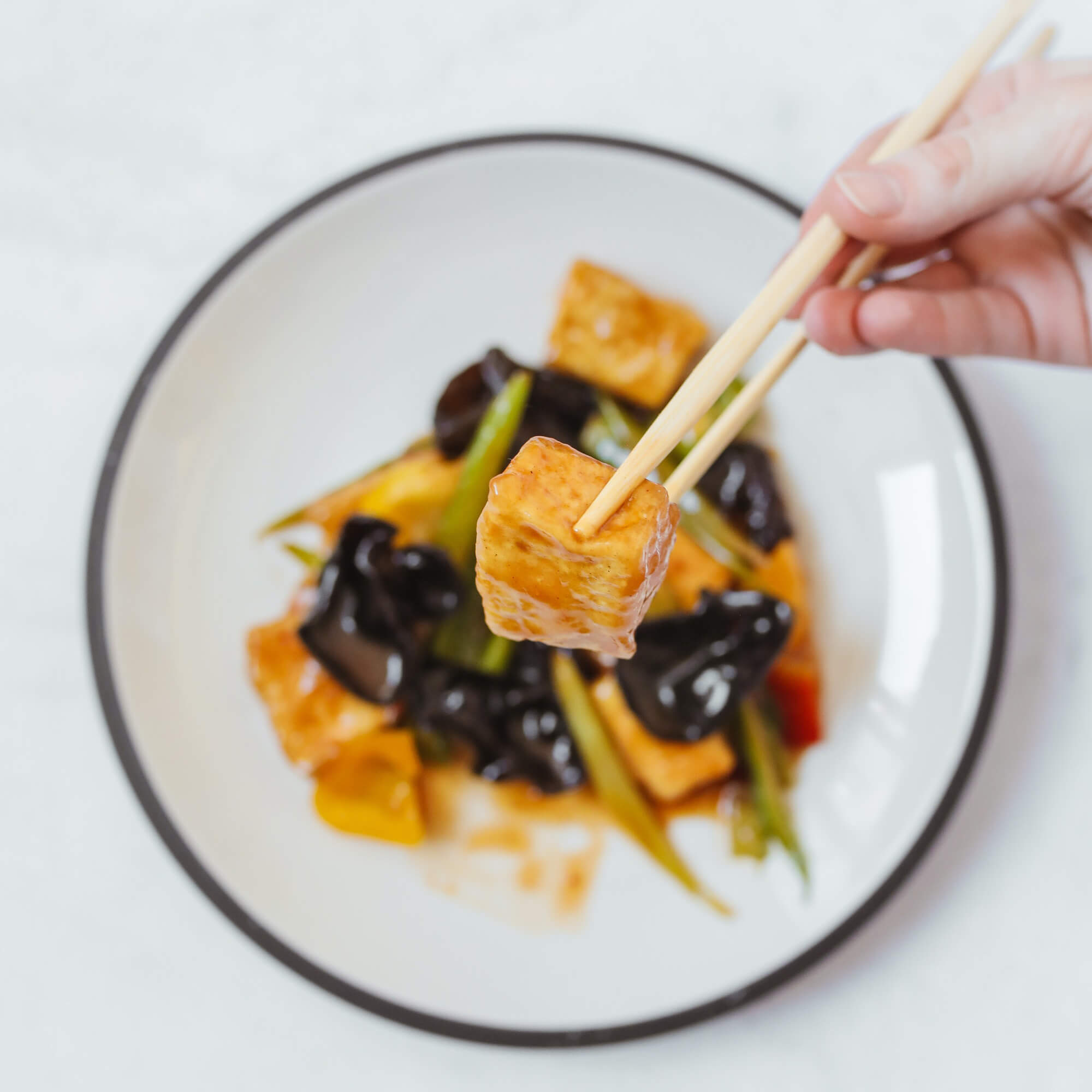
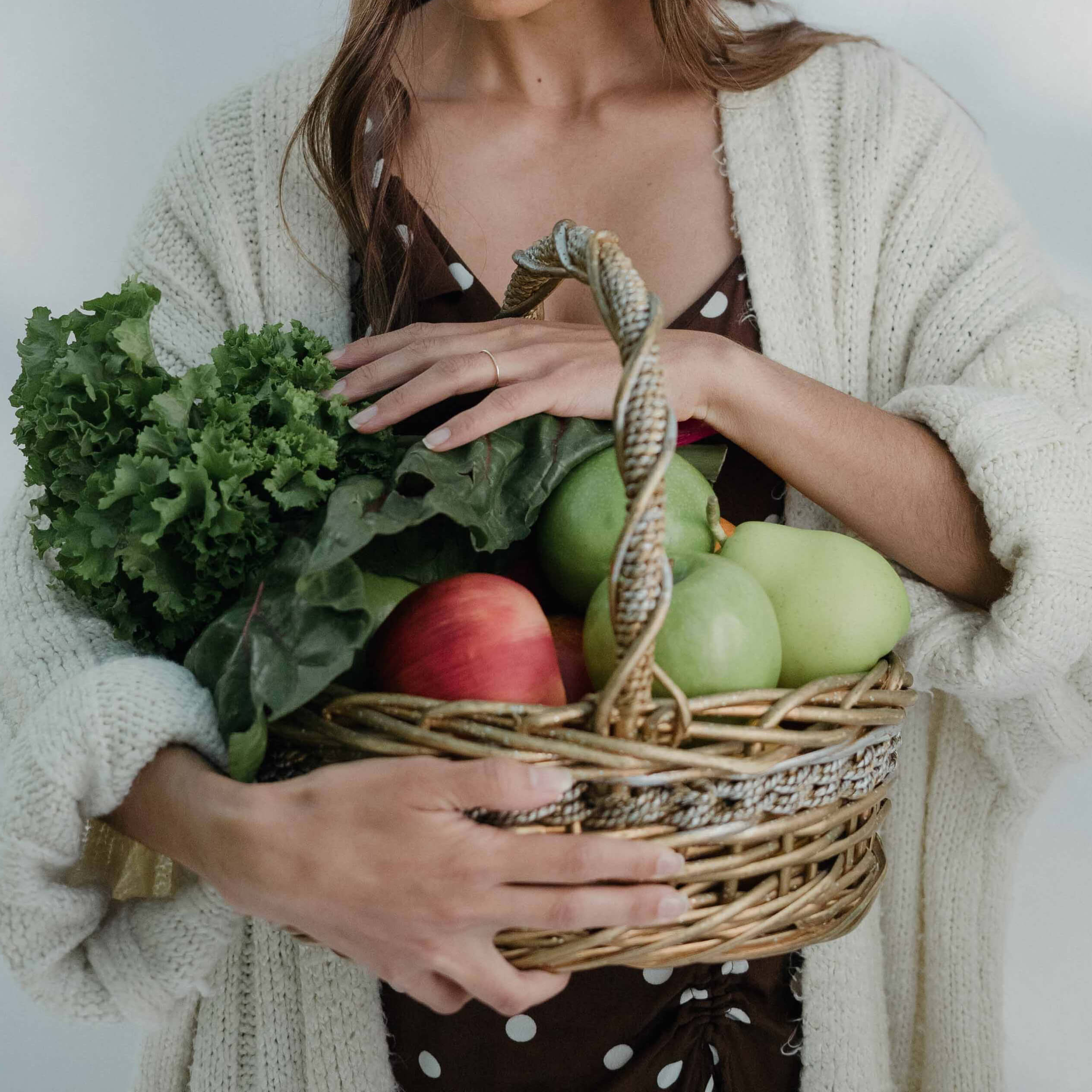

share
click to LEAVE A COMMENT